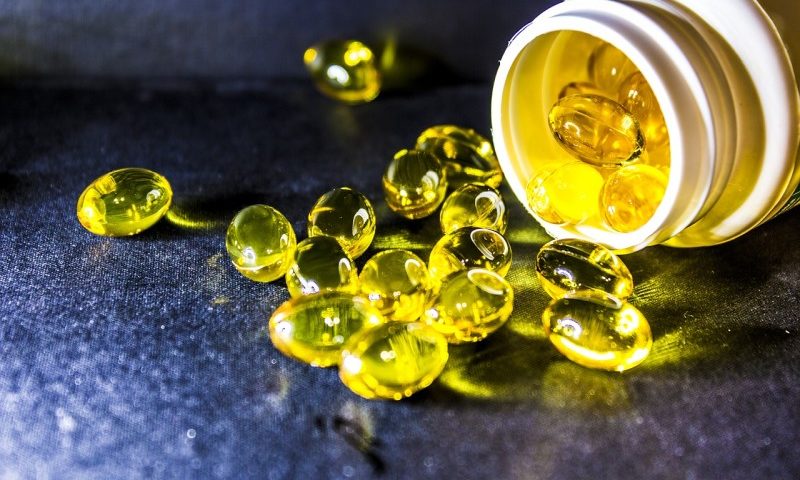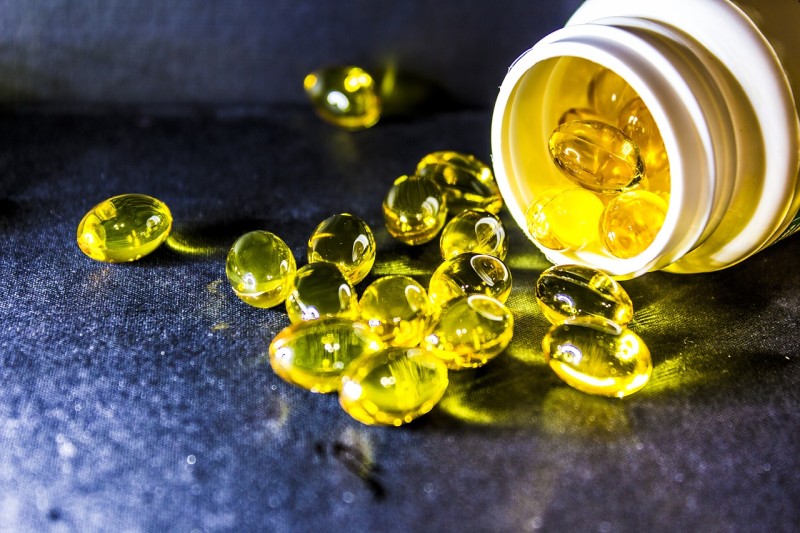
Process-based Model in Digital Multimodal Composing Assessment
29 October 2020
Creative Literacy Activities and Dialogic Reading 童來講古
21 December 2020Efficacy of Omega-3 Supplementation in Reducing Antisocial Behaviour

Principal investigator: Dr Annis FUNG Lai-chu (Department of Social and Behavioural Sciences)

Omega-3 supplementation may help reduce childhood antisocial and aggressive behaviour in females, and in children with high psychopathic-like personality, in an East Asian population, a study conducted by Dr Annis FUNG Lai-chu, Associate Professor at CityU’s Department of Social and Behavioural Sciences, and her collaborators suggested. The findings have been concluded in the article entitled Omega-3 supplementation, child antisocial behaviour, and psychopathic personality: a randomised, double-blind, placebo-controlled, stratified, parallel group trial, published in the peer-reviewed journal European Child & Adolescent Psychiatry.
The article states that there is a growing interest in nutritional supplements, including omega-3, as an adjunct therapy for treating antisocial behaviours. Yet, most prior studies have not investigated the role of gender and the effect of psychopathy on omega-3 treatment outcomes. Intended to fill the research gap, the team has designed a randomised controlled trial with the participation of 324 children aged 8 to 18, and their primary caregivers, for a period spanning 12 months.
The participating children were randomised into three groups: 108 in the omega-3 group, who were administered a juice drink with omega-3 supplementation daily; 110 in the placebo group, who took a placebo drink that matched exactly with the omega-3 drink in terms of size, appearance and flavour; 106 in the no-treatment control group. The caretakers and children were asked to complete various measurements and questionnaires at months zero (start of treatment), six (end of treatment) and twelve (post-treatment follow-up).
Two noteworthy observations were found from the analysis of the child reports. First, taking the omega-3 drink has a long-term significant effect of reducing antisocial behaviours among females, which has maintained at six months after the treatment. However, males in the omega-3 group and both males and females in the two control groups showed no change over time. Second, among high psychopathy children, only those who took the omega-3 drink showed a remarkable reduction in antisocial behaviours after the treatment. Yet, results for the parent reports were non-significant.
The paper points out that some prior studies have shown stronger efficacy in reducing antisocial behaviour in other countries. It may be due to the fact that the study was conducted in Hong Kong, where the marine fish (which is rich in omega-3) consumption per capita is second highest in the world. Thus, the impact of taking the omega-3 supplement in enhancing neurobiological functioning and reducing antisocial behaviours may be limited. It also questions whether the findings, which based on community samples, can be regarded as clinically significant. Given nutritional supplementation is relatively non-invasive, has a modest cost, and could protect against serious violence, the research team has argued that the current modest effects sizes cannot be dismissed as of no practical utility. Omega-3 supplement is easy to administer, and may help prevent huge societal costs induced by violent crimes and intensive psychotherapies. The findings are subject to future replication of similar trials.
Dr Fung is selected as one of the College’s Knowledge Transfer Award (Certificate of Merit) awardees this year to recognise her effort demonstrated in this project.
Achievements and publication
Raine, A., Fung, A. L. C., Yu Gao, & Lee, T. M. C. (2020). Omega-3 supplementation, child antisocial behavior, and psychopathic personality: a randomized, double-blind, placebo-controlled, stratified, parallel group trial. European Child and Adolescent Psychiatry. https://doi.org/10.1007/s00787-020-01513-8
